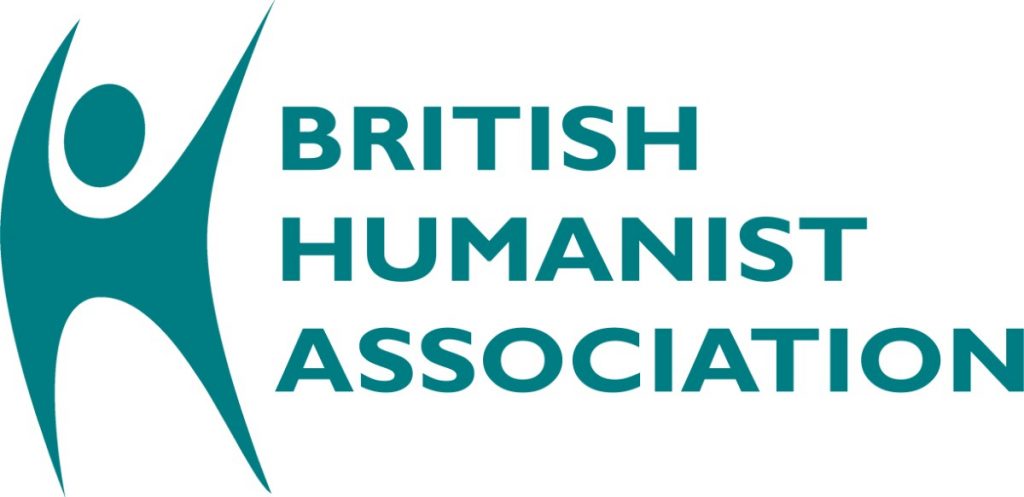New BHA research reveals most new ‘faith’ schools opening ‘by the back door’
Every single ‘faith’ school proposed to be fast-tracked through the opening process without competition in the last five years was approved. This 100% success rate contrasts with the results of ‘faith’ schools trying to open as a result of competition, when fewer than half of proposals were successful. When ‘faith’ schools faced competition from non-religious proposals, barely one-third succeeded. These are the main findings of a new report published today by the British Humanist Association (BHA), following on from a series of Freedom of Information (FOI) requests submitted to the Department for Education.
The report also found that almost two-thirds of the state-maintained ‘faith’ schools to open in the last five years have done so outside of competition, whilst for schools without a religious character, the number is less than one in six. The BHA says that the findings reveal a biased system, in which religious organisations are uniquely privileged and local democracy is subverted.
The report examines the period from May 2007 (when new rules were established) through to February 2012 (when they were amended), and also looks at school closures. Other findings of the report include:
23% (23/101) of mainstream school proposals through competition were faith-based, versus 55% (17/31) of maintained proposals outside of competition. 58% (23/40) of faith-based proposals were in competition, versus 85% (78/92) of other proposals.
The Catholic Church is a particular offender when it comes to avoiding competitions. They submitted only one bid for a school in competition – compared with 14 by the Church of England – whereas both groups had the same number of bids to open schools outside of competition.
Many schools are closing and re-opening to acquire a religious character, but no schools are doing so to lose one and become inclusive. And no schools lost a religious character through amalgamation, but 32 without a religious character gained one.
Recently the BHA announced that it is to take on a legal case against just such proposals for state-funded Catholic schools in Richmond – challenging the attempt of the Council to open a ‘faith’ school without competition under new rules introduced by the Education Act 2011 on 1 February.
BHA Chief Executive Andrew Copson commented, ‘If further proof were needed that the system is tilted in favour of state-funded religious schools which discriminate in their admissions and against inclusive schools, this is it. When asked, the public do not want religious schools – they want more inclusive schools. But religious organisations continue to open schools by the back door, collaborating with local authorities to avoid competition entirely. This option has been phenomenally successful, and as a result, the proportion of all schools that have a religious character is rising alarmingly fast. Taken together with the preference shown in government guidance for community schools to close rather than religious ones, we see a system which militates against inclusion.
‘We hope that our legal case in Richmond will challenge this practice. We believe the system of school organisation should instead be promoting new schools that are inclusive of all pupils and staff, regardless of their religion or belief.’





-01.png)